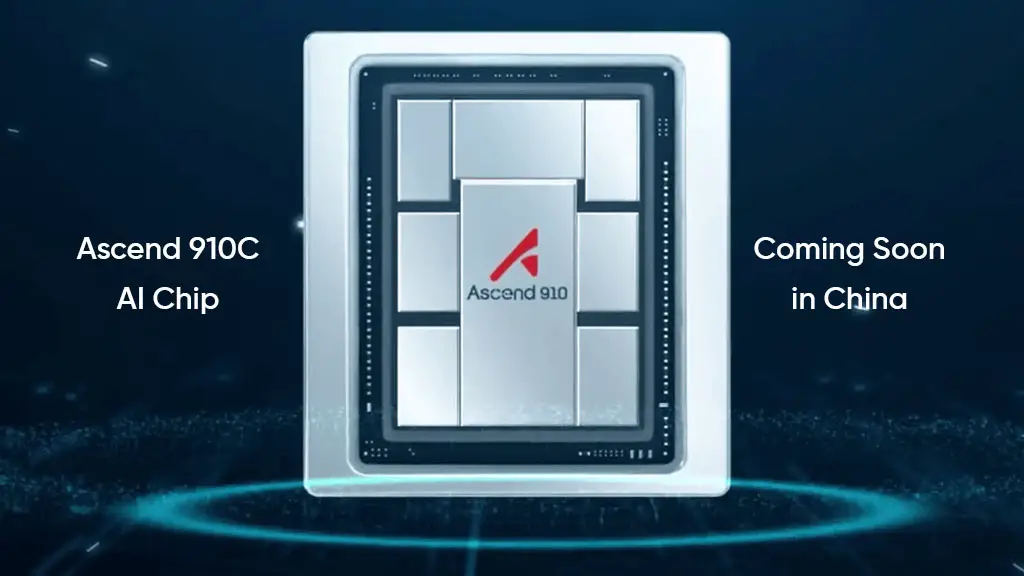
Huawei is getting ready to start mass shipments of its latest AI chip, the Ascend 910C. According to industry sources, shipments could begin as early as next month. This move reflects China’s push to reduce its reliance on foreign chips, especially those from Nvidia.
What Makes the Ascend 910C Special?
The Ascend 910C combines two 910B processors into one powerful unit. This setup doubles both computing power and memory. The result is a chip that rivals Nvidia’s high-end H100, especially in AI workloads.
Huawei has already sent out test units to partners. The company is now accepting orders, though it hasn’t made official shipping announcements.
Why China Needs an Alternative
U.S. export restrictions have made it harder for Chinese firms to access Nvidia’s top-tier AI chips. The ban on Nvidia’s H20 chips has accelerated the search for local solutions. Huawei’s 910C is now a leading option.
Chinese companies see this chip as key to training and running advanced AI models. It supports large-scale tasks like language processing, image generation, and more.
Challenges Behind the Scenes
Despite its progress, Huawei faces production hurdles. Yields for advanced chips remain low. Some reports say Huawei used chips made by TSMC years ago, before U.S. sanctions began. TSMC has denied any recent shipments to Huawei and confirmed it follows all export rules.
A Big Move in the Global Chip Race
Huawei’s upcoming shipment is more than a business decision, it’s a statement. China wants to lead in AI, and it needs local hardware to do so. With the Ascend 910C, Huawei aims to deliver that power from within its borders.
This chip could shift the global AI landscape, especially as countries build up domestic supply chains for sensitive tech.
Check out other interesting news:





